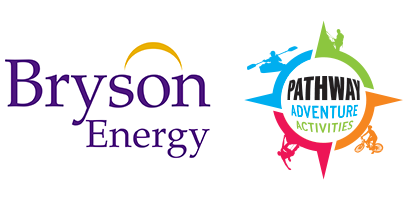Problem-solving is perhaps one of the most critical skills that a young person and adult can learn. In a world that is filled with information where work is done with the click of a button, problem solving is a vital skill. Not only is problem-solving critical to solving personal problems, but when working on a problem with others, it is even more critical. And today’s challenges are perfect examples that involve immense problem solving among many nations. From global warming to national security, the ability to solve problems, big and small, affects not just the problem solver, but society as a whole.
With this importance of problem-solving in mind, it is important to consider the benefits problem solving brings to the individual. After all, problem-solving for the sake of solving an issue or tough question is great, but not realizing the positive effects it can have makes the act of solving problems an empty experience. Below are some of the many positive effects problem solving has on youths and young adults.
Learning Processes
Solving a complex problem comes with a process. It involves taking a series of steps in a certain order. This is important because knowing how to think about a problem as a whole is an important life skill. It allows us to set long-term budgets, plan for our health and more. Being able to see things as a process and working through it provides discipline and a feeling of accomplishment when the problem is solved. Learning to look at things as a process and accomplishing it are positive benefits of problem-solving.
Patience
Learning to solve problems takes time. It can take hours, days, weeks, or months, depending on the complexity. Plus, problems can have different parts that need to be completed, like a puzzle, making solving it more time consuming. By having youths and young adults problem solve, they are getting the skill of patience, which is a virtue. Patience pays off in the long run when those processes of problem-solving efforts hit a bump in the road. And we all hit bumps in the road in life. Having patience can help get us through.
Critical Thinking
When solving problems, you are often forced to think critically. This involves out of the box thinking that challenges our higher thinking skills. It may involve research or reasoning and deduction. Or it could be a matter of solving a tough equation. But, critical thinking is beneficial to youths and young adults in the world we live in. With so much information coming at us on a daily basis, it is important to be able to think critically about the information. For example, being able to decipher between advertising and what the true facts are, or researching an issue that could affect a political race are examples of the need for critical thinking. Problem solving provides a chance to experience the importance of critical thinking.
Interpersonal Communication
Problem-solving forces interactions with people from many walks of life. In the course of problem-solving with these people, we learn how to speak appropriately. We learn to disagree by stating, “I disagree because..,” instead of dismissing the person’s thought off hand. Through problem-solving, we learn to use accountable talk. Accountable talk teaches students how to argue a point based on evidence. Accountable talk is important when working with someone else successfully to solve problems. And, even if we are not problem-solving with others, how we think and our inner dialogue can benefit from accountable talk or positive thinking.
More positive effects of problem solving:
- Learning to handle criticism
- Teaches flexibility
- Teaches big picture thinking
- Teaches manners
- Teaches acceptance

